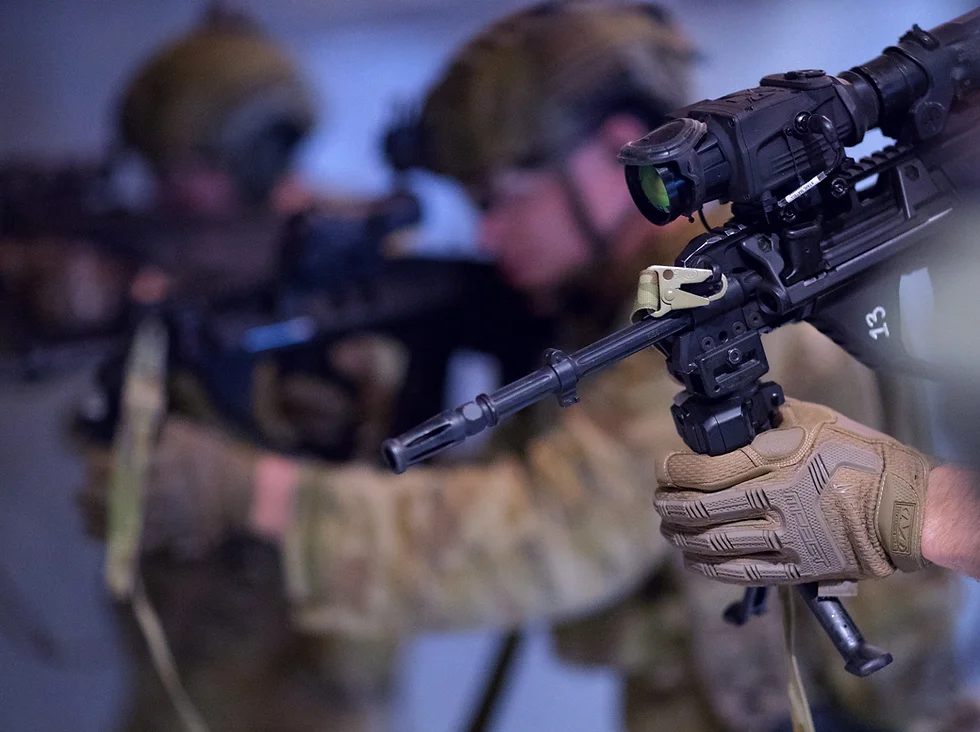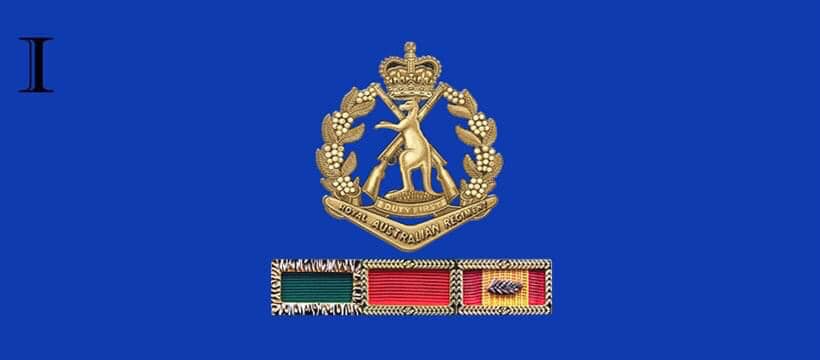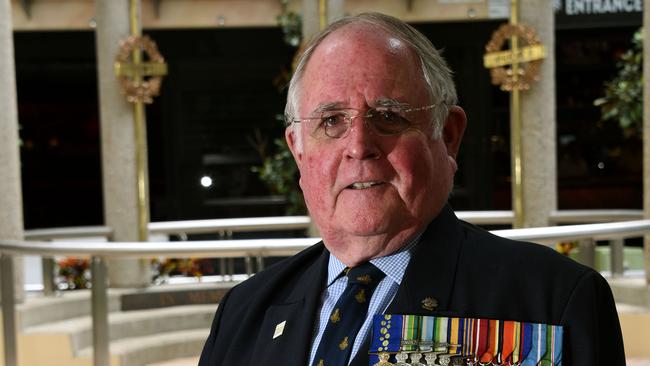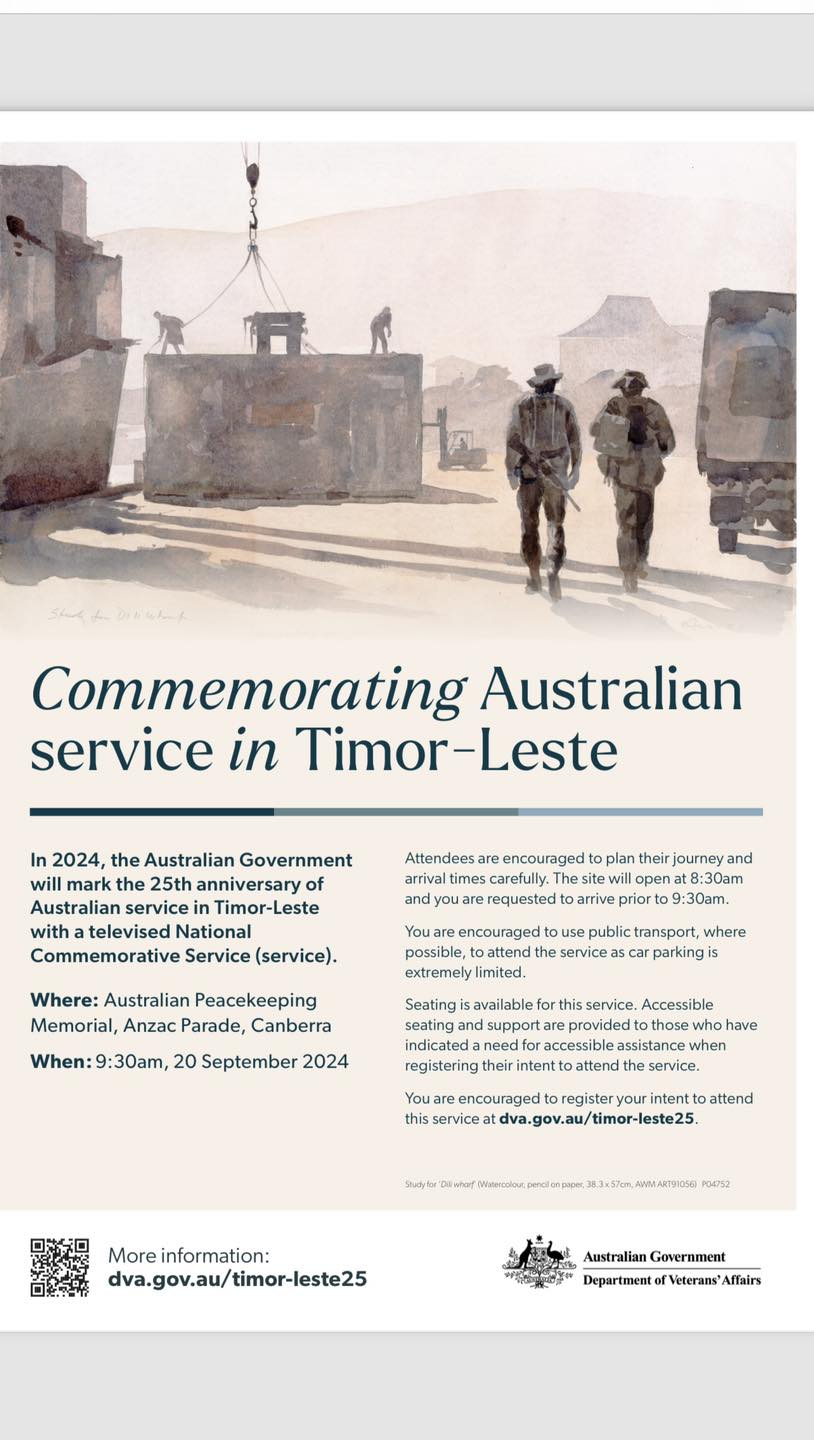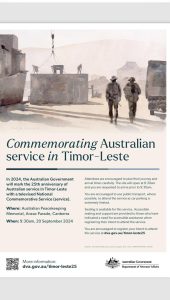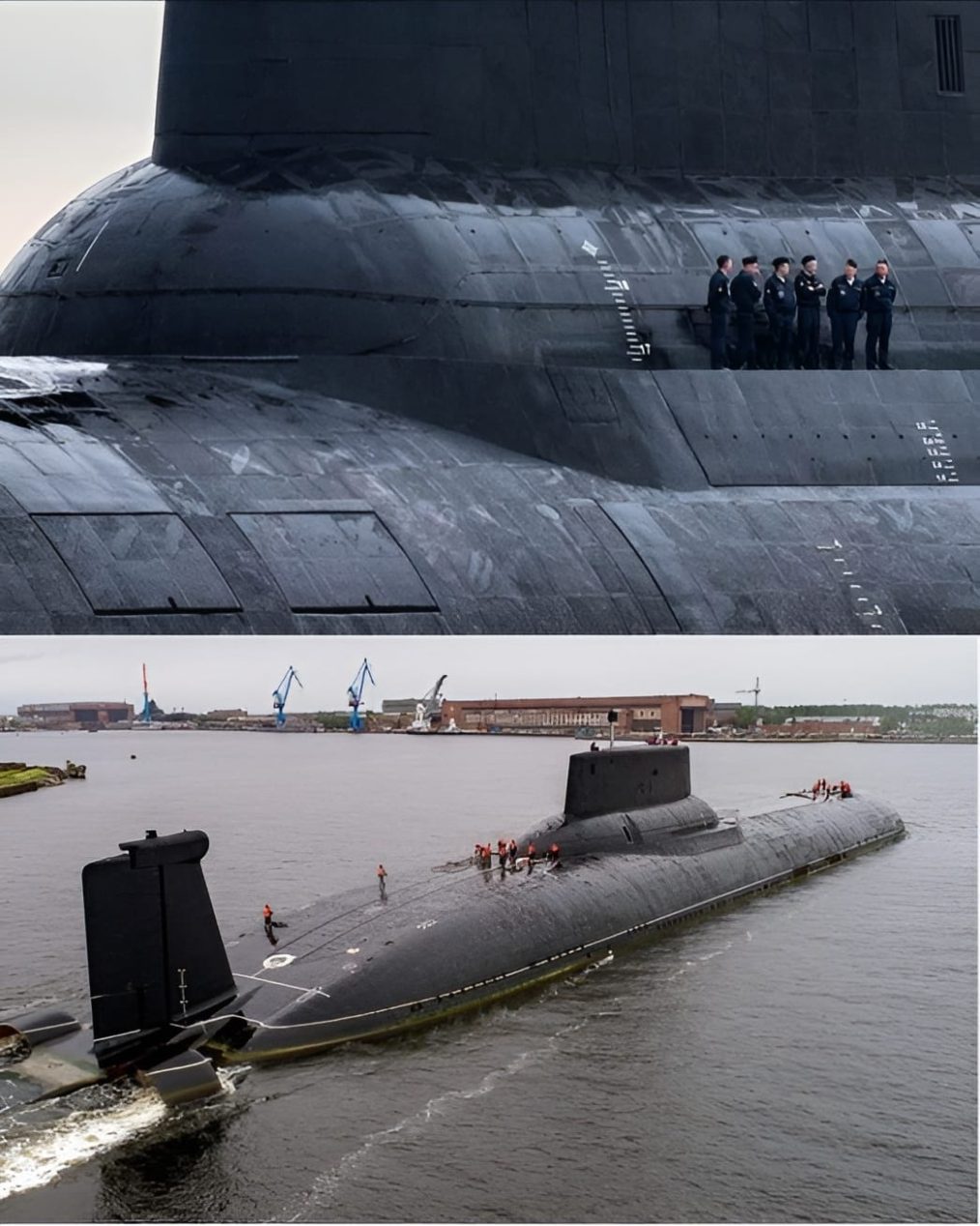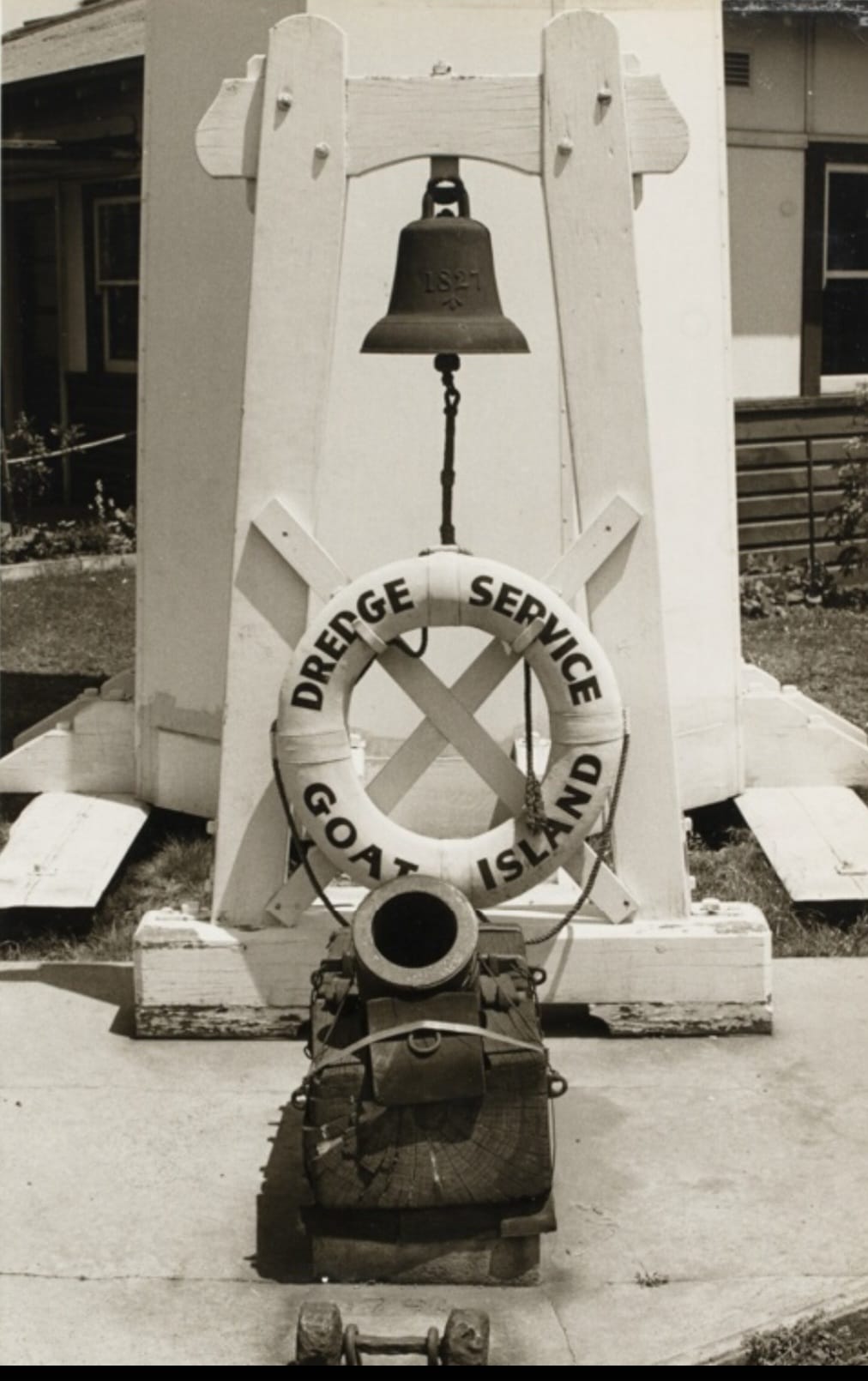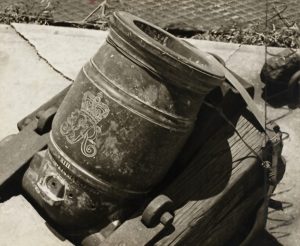The decision by the U.S. to purchase the F-15EX instead of more F-35 fighter jets is driven by several key factors. The F-15EX offers immediate operational readiness, cost-effectiveness, and significant enhancements in capability, making it an optimal choice for updating the tactical fighter fleet. Here’s a closer look at why the F-15EX is seen as a superior option at this time.
Here's Why the U.S. Is Buying the F-15EX Instead of More F-35 Fighter Jets (youtube.com)
Immediate Operational Readiness
One of the primary advantages of the F-15EX is its readiness to engage in combat operations straight off the production line. Unlike the F-35, which requires a more extensive integration and training period, the F-15EX can be deployed immediately. This rapid deployment capability is crucial for maintaining operational readiness and addressing current and near-term threats without delay.
Cost-Effectiveness
In terms of affordability, the F-15EX stands out as a more economical option compared to the F-35. The procurement and operational costs of the F-15EX are significantly lower, making it a financially prudent choice for expanding the fighter fleet. This cost-effectiveness does not come at the expense of performance; rather, it allows for a larger number of units to be acquired and maintained within budget constraints.
Enhanced Capability and Performance
The F-15EX brings substantial enhancements in capability that make it a formidable addition to the U.S. Air Force’s tactical fleet. It boasts a weapons payload that is four times greater than that of other fighters, allowing it to carry a more extensive array of armaments. Additionally, the F-15EX offers twice the fuel capacity, range, and speed, providing superior endurance and operational flexibility.
Reliable and Proven Platform
The F-15EX is built on a proven and reliable platform with a track record of performance and dependability. Its design incorporates advanced avionics, sensors, and weapons systems that enhance situational awareness and combat effectiveness. This reliability reduces maintenance demands and ensures a higher mission readiness rate compared to newer, less mature platforms.
Global Appeal and Compatibility
The F-15EX is also designed to meet the needs of global Air Forces, making it an attractive option for international partners. Its compatibility with existing infrastructure and support systems enables seamless integration into current operations, reducing the time and cost associated with fielding a new aircraft type.
Strategic Considerations
Strategically, the F-15EX complements the F-35 by filling different roles within the tactical air fleet. While the F-35 excels in stealth and advanced sensor capabilities, the F-15EX provides superior payload capacity and range. This combination enhances the overall versatility and strength of the air fleet, ensuring a balanced approach to various mission requirements.
In conclusion, the U.S. decision to invest in the F-15EX is driven by its immediate readiness, cost-effectiveness, enhanced capabilities, reliability, and strategic value. These factors collectively make the F-15EX a modern and practical solution for refreshing and augmenting the tactical fighter fleet in a timely and efficient manner.

